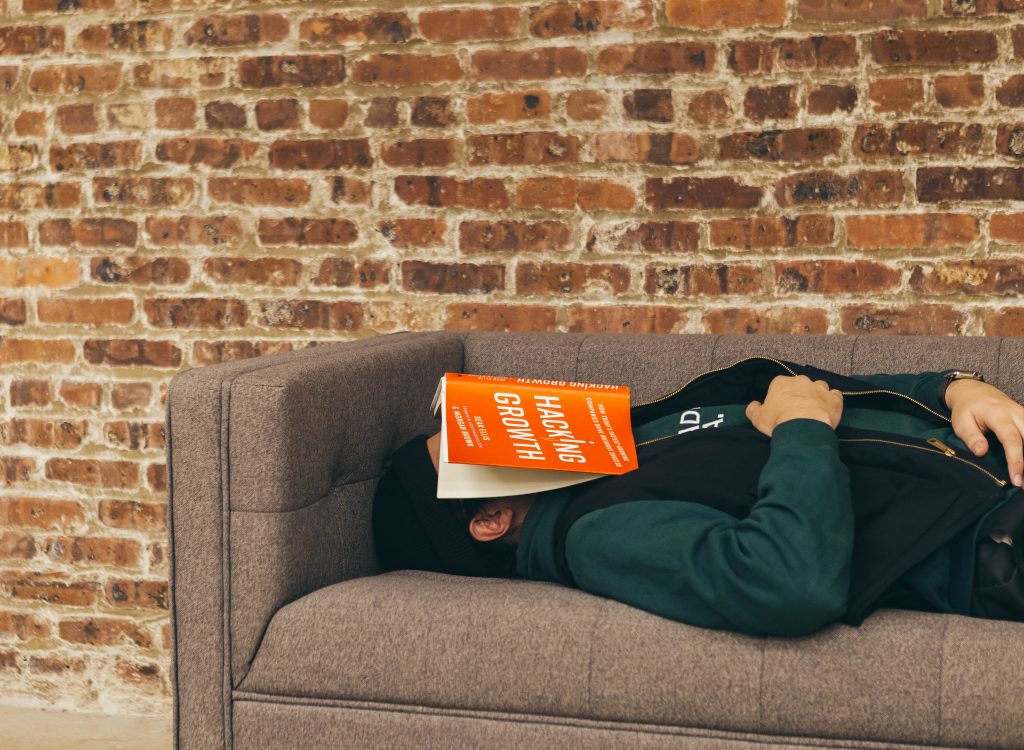When learning about this topic, I’m not going to lie; I was yawning. Not because it is boring, well, I’ll let you be the judge of that. But because it was hard not to imagine my memory foam pillow with my head shape moulded into it. However, I will try to discuss the sociological theories behind sleep because they are fascinating. Just make sure you’ve made a coffee.

What is sleep?
So, what is sleep? Well, this seems like a daft question; we all know what it is. For some people I know, it’s their favourite time of the day. But let’s look at it in a sociological way. There are three levels of sleep analysis: 1) Individual, 2) Social/Interactional, and 3) Societal/institutional. So, we perform it as an individual, travelling down the royal road of the unconsciousness. We also get 40 winks as a social activity, whether at sleepovers as children or, well, sleepovers as adults. Finally, sociologists state it is used on a more macro scale in terms of society having a shared sense of “bedtime”.
Individual Sleep
Proper sleep is the one all of us are absolute experts at; congratulations. However, we can’t call for it; we can only mimic it, hoping it happens. From this, our body becomes temporarily suspended from our commands. For example, I don’t snore on purpose to annoy everyone within an ear of me, I promise. Furthermore, the sociologist, Goffman, stated sleep is a backstage region. To prove this, think about why accidentally falling asleep in a public place and getting caught can be so embarrassing. Think back to the boring Maths class where you were caught daydreaming. Embarrassing right! We are vulnerable when asleep, physically we are in the world, yet our minds are away with the fairies.

Moreover, sleep itself comes with rights as well as responsibilities. If we are sleeping, we, in theory, should have the freedom from interruption. If you announce you are going to for a nap, others should respect that and only wake you if you have asked for an alarm or if the house is on fire. Also, you should now be exempt from role obligations. How many of you have pretended to be asleep to get out of something, be honest? However, as mentioned, sleeping comes with responsibilities. You should nod off in a private place. If you pass out on the sofa, then it’s your fault, and you don’t have these rights. The same unfortunately goes for those who do it in a public space. Sleeping in public is considered a deviant act, and those who are unconscious on park benches tend to be avoided.
Transitional Stages
Finally, in terms of sleep, there are transitional stages that accompany it. We all have our bedtime rituals and routines. Putting on your pyjamas and brushing your teeth. Maybe read a couple of pages of the current book on the go. From fulfilling this routine, Goffman stated it creates an interactional membrane. We are telling our brain it’s time to switch off and to start becoming tired and ready. On the other hand, we all also have a morning routine to warm ourselves up for the day. For those fellow non-morning people out there, can you imagine having to deal with other people immediately from wake-up? No thanks! So we have a routine to put on our “dramaturgical mask”, ready for interaction and our daily lives.
Sleep and Power
Interestingly, in many instances, sleep is power. If one can control another person’s slumber, then they got the power! Total institutions control the power of the inmates. Think of prisons and mental asylums. Also, boarding schools have “lights out”. If you don’t comply, you’re in trouble. But this power is not just institutional; it also comes with the socialisation of children. Remember when you heard those dreaded words, “it’s bedtime”. The type of bed in the home exhibited who had the power within the household too. For instance, who has access to the master bedroom and who has to climb up to the top bunk? However, in their book “The Lived Body“, Williams and Bendelowargue that women are disadvantaged by this routine. They state it incorporates and extends the family dimension of women’s lives.

Bedtime as a Social Convention
Psychologist Schwartz argues that the coordination within a collectivity of the timing of sleep is one of the most important senses in which it is institutional. To break this down, he states it is clear that the idea of “bedtime” is one adhered to by all society. Some rules exist showing what people can and cannot do within this societal bedtime. Think back to when you get a phone call late into the night and think, “who calls at this time?” Well, no one should, unless it’s an emergency, as it’s a huge social faux pas. We all know to adhere to these rules because there are unwritten rules embedded within society.
Contrary to this, with times changing, cities are becoming a sleepless society. The hustle and bustle still exist in the early hours of the night. 24-hour shops, buses and trains, are all examples of us transitioning into this sleepless society.
Finally…
For something that appears so mundane as sleep, I hope it is now clear the amount of sociological information written around the subject. If you are still wide awake, I would recommend looking around the topic a little more, as I have only just scratched the surface. For those up for a challenge, go attempt to understand the phenomenology of sleep and consciousness. That is some heavy stuff, and you’ll need a nap after that. Once again, thank you for reading! Don’t worry; I won’t be only writing about everyday life sociology; I will be discussing different topics soon!


